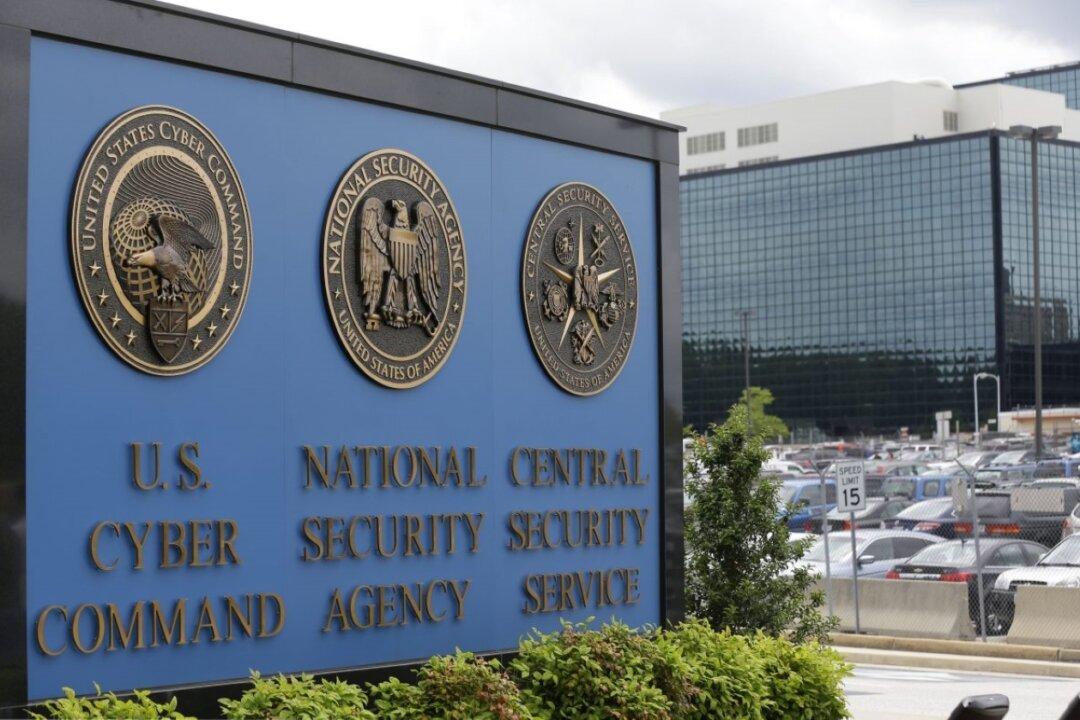Data on the unmasking of Americans in foreign intelligence reports for four months surrounding Election Day of 2016 is missing in several reports released by the Director of National Intelligence (DNI).
National Security Agency data collection under Section 702 of the Foreign Intelligence Surveillance Act (FISA) is prohibited from targeting Americans. If it picks up information on Americans, the agency is supposed to mask their identities with generic identifiers such as “U.S. person 1.” Many senior government officials have the authority to request such identities unmasked, such as when it’s necessary to understand the intelligence.





